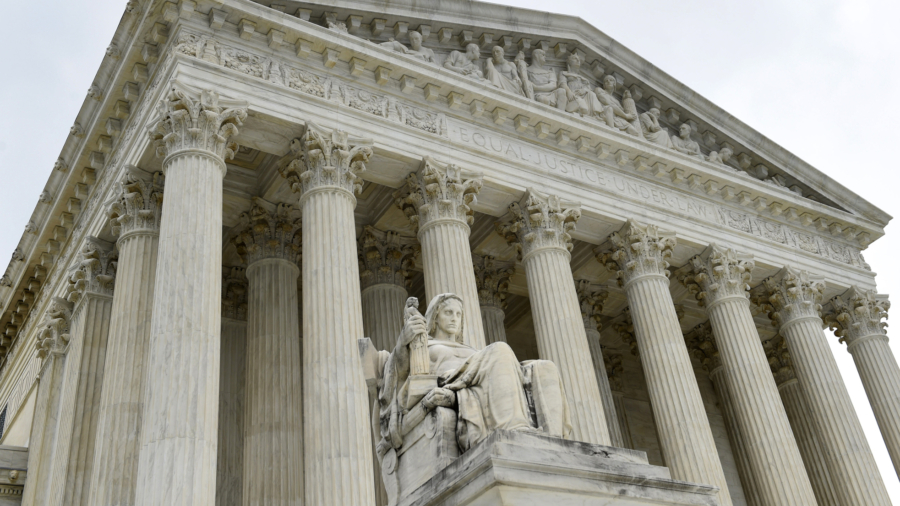A Supreme Court declined two appeals raised by Flint city and Michigan state officials intending to block lawsuits raised by residents over the water contamination of the city’s drinking water supplies.
The appeals were filed by Flint regulators Michigan Department of Environmental Quality in an attempt to block one of many civil lawsuits against them, contending their clients could not be held accountable for the crisis as they have judicial immunity.
About 25,000 people sued the city and water regulators alleging gross negligence and deliberate misconduct, evidence tampering, and other offenses relating to the 2014 water crisis.

About 12,000 children residing in Flint and an unestimated number of adults have been exposed to dangerous levels of lead, United way estimated, in 2016, after the city had changed the source of its water supplies in 2014 when then began sourcing it from the Flint River.
Lawyers for the city appealed to a federal appeals court. The Supreme Court declined to consider the case and refused to rule in favor of the Flint officials. The court did so in an unsigned order without commenting on its decision on Tuesday.
Previously, the 6th U.S. Circuit Court of Appeals also ruled in favor of the civilians, stating:
“Knowing the Flint River water was unsafe for public use, distributing it without taking steps to counter its problems, and assuring the public in the meantime that it was safe, is conduct that would alert a reasonable person to the likelihood of personal liability,” the 6th U.S. Circuit Court of Appeals decided, CNN reported.
“Any reasonable official should have known that doing so constitutes conscience-shocking conduct prohibited by the substantive due process clause,” the court said.

The lawsuit contested that the resident’s constitutional right to “bodily integrity” was violated. It further accused city and state officials of not following up safety procedures and failing to protect the residents from an expected likelihood of exposure to lead-containing water, thus harming so many and causing so many fatalities.
The Flint water crisis became a criminal case in 2016 when two state regulators and a city employee were charged with official misconduct, evidence-tampering, and other offenses over the lead contamination that has alarmed parents and brought cries of racism.
For nearly 18 months, the poor, mostly black city of 100,000, used the Flint River for tap water as a way to save money—a decision made by a state-appointed emergency manager—while a new pipeline was under construction. But the water wasn’t treated to control corrosion. The result: Lead was released from aging pipes and fixtures as water flowed into homes and businesses.
Gov. Rick Snyder didn’t acknowledge the problem until the fall of 2015 when tests revealed high levels of lead in children, in whom lead can cause low IQs and behavioral problems.
Michael Prysby, a district engineer with the state Department of Environmental Quality, and Stephen Busch, a supervisor in the department’s drinking water office, were charged with misconduct, conspiracy, tampering with test results, and misdemeanor violations of clean-water law. The felonies carry maximum penalties of four to five years in prison.
Flint utility administrator Michael Glasgow was charged with tampering with evidence by allegedly falsifying lead water-testing results and with willful neglect of duty.
This lawsuit and similar are now expected to proceed in lower courts.
Associated Press contributed to this report


